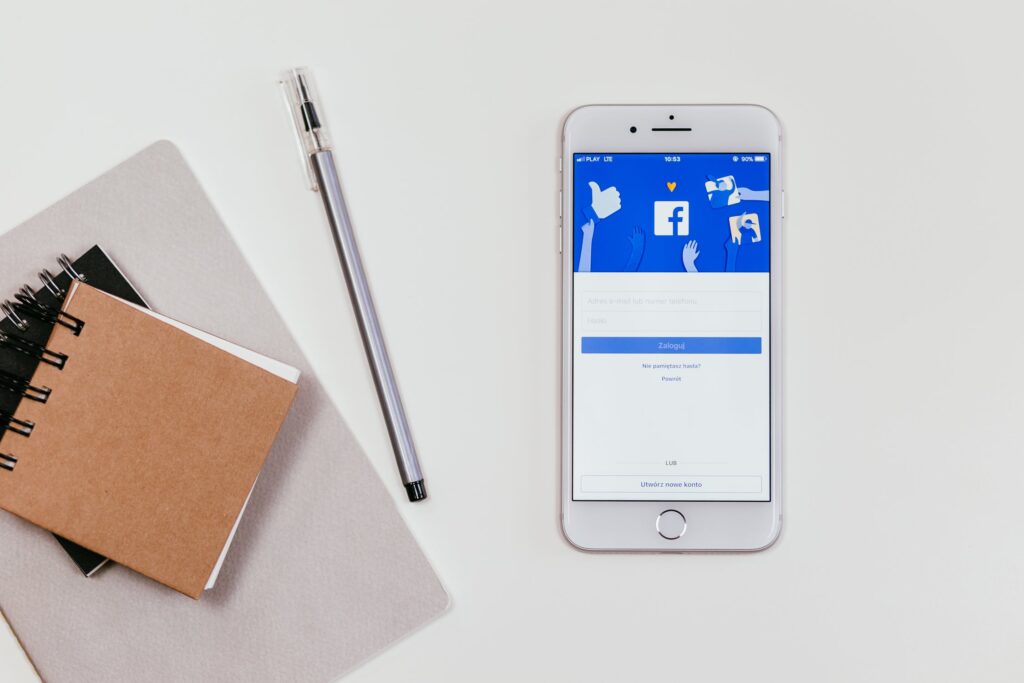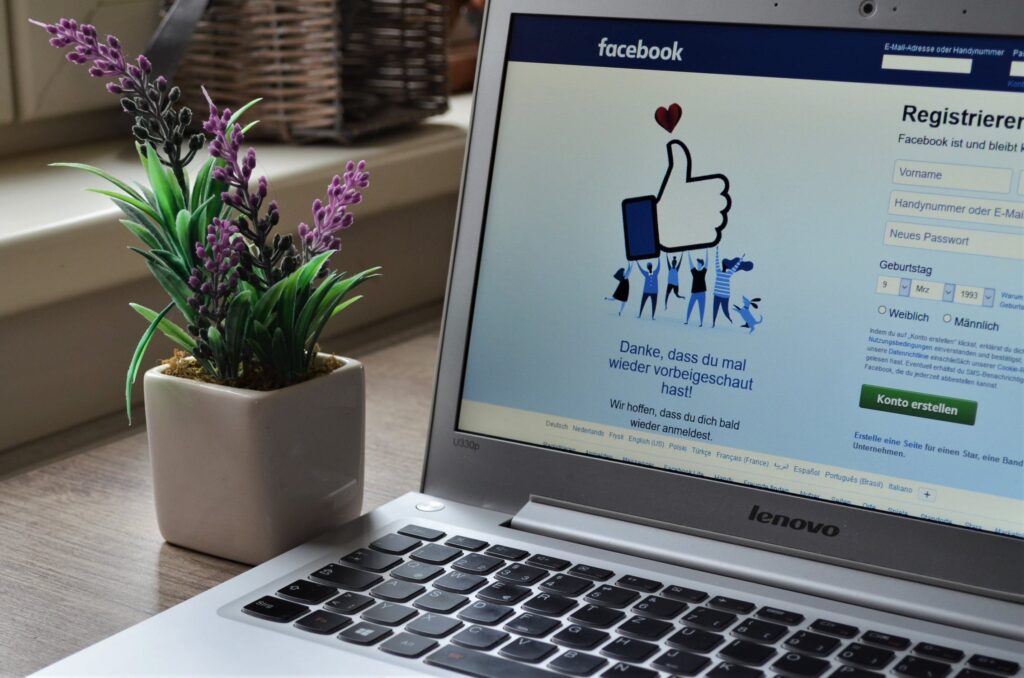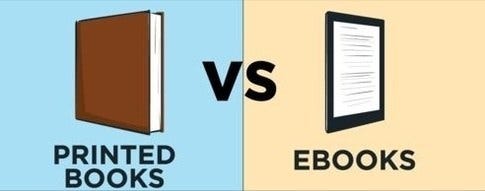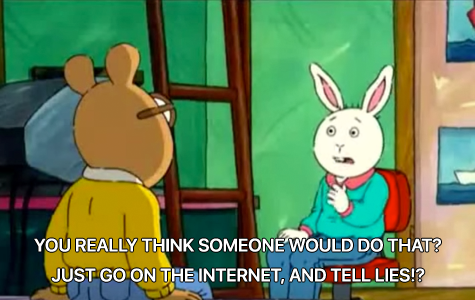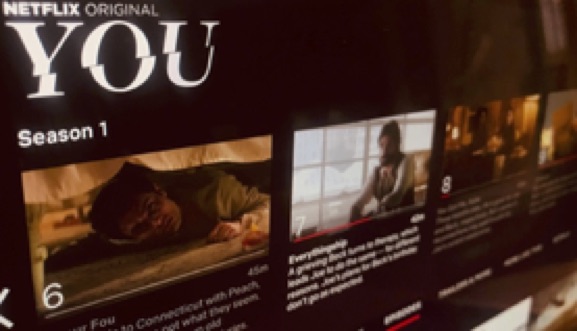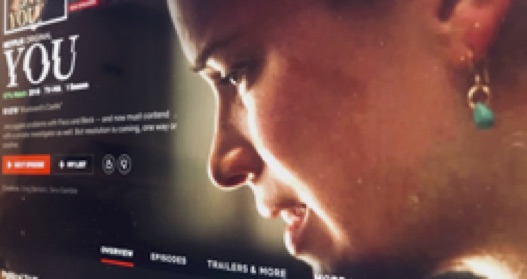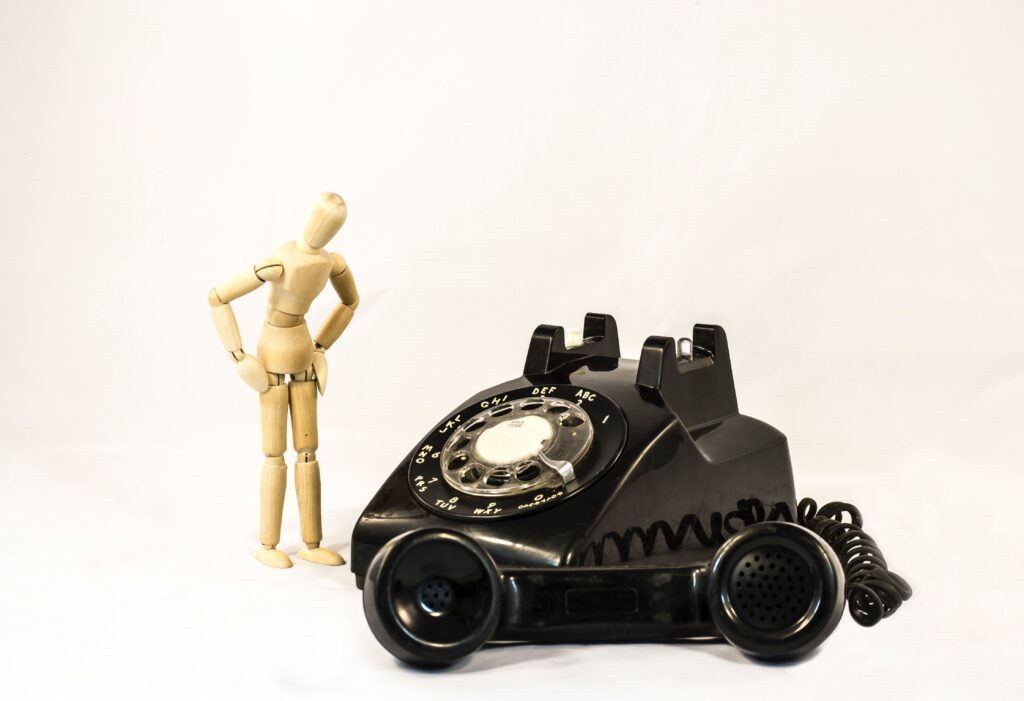Deklan IH
It wasn’t until I found myself clicking on the various body parts of Shelly Jackson’s digital portrait that I began to sense the deeply personal and transgressive nature of the literature I was exploring. Jackson’s my body – a Wunderkammer allows the reader to explore written memoirs revealed through interactive HTML links mapped onto an artistic image of her person, and as such forms a quintessential example of digital Hypertext literature – the distinct genre of linking, non-sequential writing.

Image: (CC) Pixabay.com.
